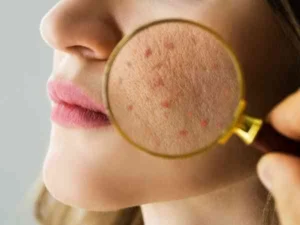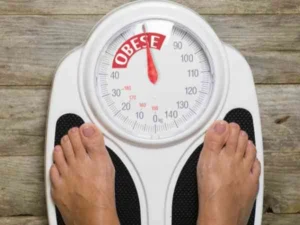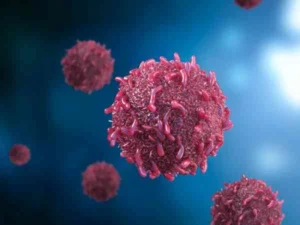Guarding Against Cancer: What You Need to Know About Causes, Risks, and Prevention!
Guarding Against Cancer:Cancer happens when there are changes (mutations) in cells that cause them to grow uncontrollably. These changes can either be inherited from your family or occur due to things around you, like environmental factors.
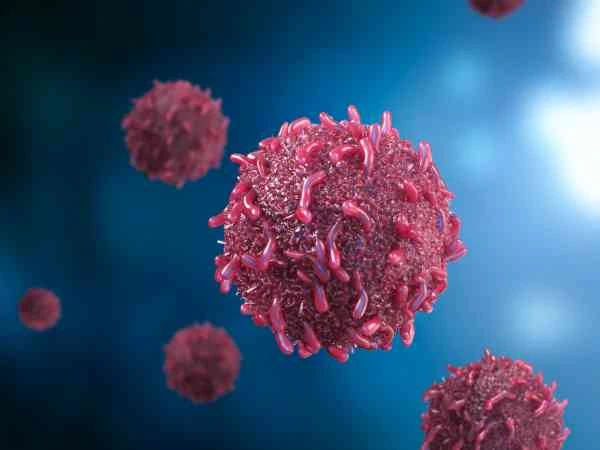
Cancer is a group of diseases where abnormal cells multiply quickly and can spread to other parts of the body. This fast growth can lead to the formation of lumps, called tumors, and may also interfere with how the body normally functions.
Cancer is a major cause of death worldwide. In 2020, about 1 in every 6 deaths was due to cancer, according to the World Health Organization (WHO). Scientists are constantly testing new treatments to fight cancer and improve survival rates.
Why Does Cancer Happens?
Cancer is primarily caused by mutations, or changes, in the DNA of your cells. These genetic mutations can be inherited from your parents, or they can happen later in life due to exposure to harmful factors in the environment.
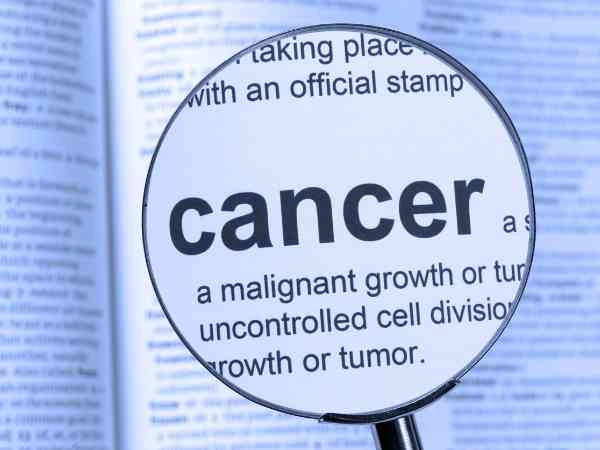
These external factors, known as carcinogens, include:
- Physical carcinogens like radiation and ultraviolet (UV) light from the sun.
- Chemical carcinogens such as cigarette smoke, asbestos, alcohol, air pollution, and contaminated food or water.
- Biological carcinogens like certain viruses, bacteria, and parasites.
The World Health Organization (WHO) states that about 33% of cancer deaths may be linked to lifestyle factors like smoking, drinking alcohol, being overweight, eating fewer fruits and vegetables, and not getting enough exercise.
What are the Risks Factors of Cancer?
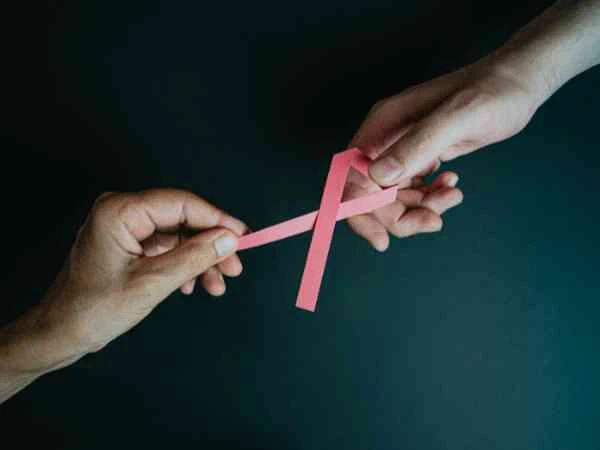
There are several things that can increase the risk of getting cancer. Smoking or using any form of tobacco is one of the biggest causes. Drinking too much alcohol can also raise your risk. An unhealthy diet that includes a lot of red or processed meat, sugary drinks, salty snacks, and refined carbs like white bread can make it more likely to develop cancer. Not being physically active is another risk factor. Exposure to air pollution and radiation, such as X-rays or radon gas, can also increase your chances of getting cancer. Spending too much time in the sun without proper protection can lead to skin cancer. Certain infections from viruses like HPV, hepatitis B and C, HIV, and Epstein-Barr virus also raise the risk.
The likelihood of developing cancer usually increases as we age, particularly up until the age of 70 to 80. This happens because our cells repair themselves less effectively over time, and our exposure to harmful things adds up throughout our lives. Some health conditions that cause long-term inflammation, like ulcerative colitis (a disease affecting the bowel), can also increase the risk of cancer.
What Are the Various Types of Cancers?
Cancers are usually named based on where they start in the body, even if they spread to other areas. For example, if cancer begins in the lungs and moves to the liver, it’s still called lung cancer. There are also specific terms for different types of cancer:
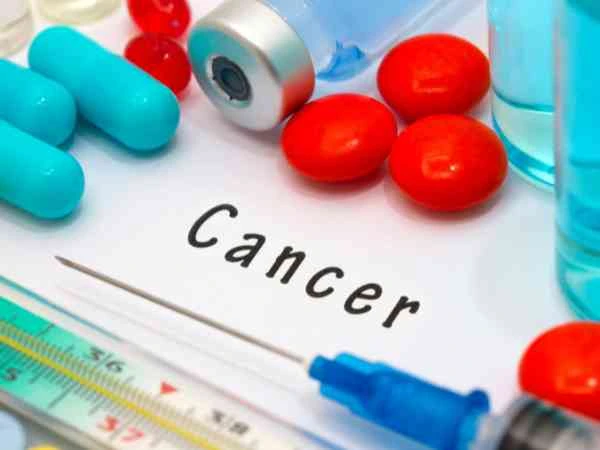
- Carcinoma starts in the skin or the tissues that line organs.
- Sarcoma affects connective tissues like bones, muscles, cartilage, and blood vessels.
- Leukemia is cancer of the bone marrow, where blood cells are made.
- Lymphoma and myeloma are cancers of the immune system.
There are many types of cancer, including breast cancer, lung cancer, prostate cancer, skin cancer, and leukemia. Other examples are brain cancer, ovarian cancer, kidney cancer, and colon cancer. Each type affects different parts of the body, and there are many others beyond these examples.
The Importance of Early Detection
Early detection of cancer means finding it at the beginning stages, which can make treatment more effective and reduce the chances of death. Regular screenings can help catch cancer early. Some examples include:
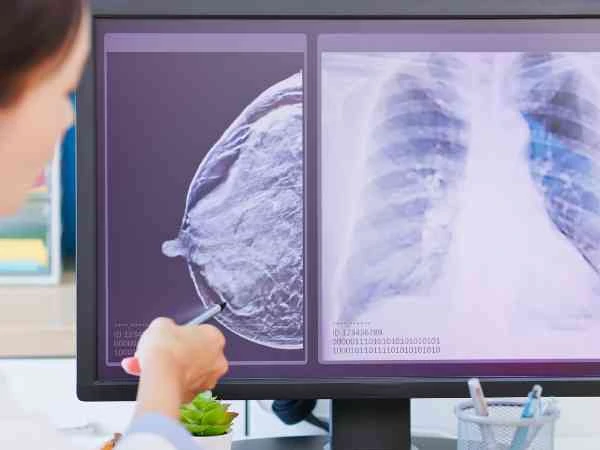
- Cervical and Prostate Cancer: These can be checked during routine exams.
- Lung Cancer: Regular screenings are recommended for people at risk.
- Skin Cancer: A dermatologist can check your skin if you’re concerned.
- Colorectal Cancer: Screenings are recommended from age 45, usually through a colonoscopy, though at-home tests can also help. (source)
- Breast Cancer: Mammograms are suggested for women starting at age 45, or earlier for those at higher risk.
If you have a family history or higher risk of cancer, it’s important to follow your doctor’s advice for screening.
Some cancers can be hard to detect early and may not show symptoms until they are more advanced. However, there are warning signs that may indicate cancer, including:
- Lumps or unusual growths
- Unexplained weight loss
- Fever
- Constant tiredness
- Pain
- Night sweats
- Changes in digestion
- Skin changes
- Persistent cough
If you notice any unexplained symptoms, it’s always best to consult a doctor for further evaluation.
How Does Cancer Grow and Spread?
Cancer starts when cells in the body begin to grow and divide in an abnormal way. Normally, our cells follow a life cycle: they grow, divide, and die when they’re old or damaged. But cancer messes up this process because of changes, or mutations, in the cell’s DNA. DNA has the instructions for how cells should grow and divide. Sometimes, mistakes happen in the DNA, and while cells usually fix these mistakes, some don’t.As a result, these extra cells keep multiplying and form lumps called tumors.
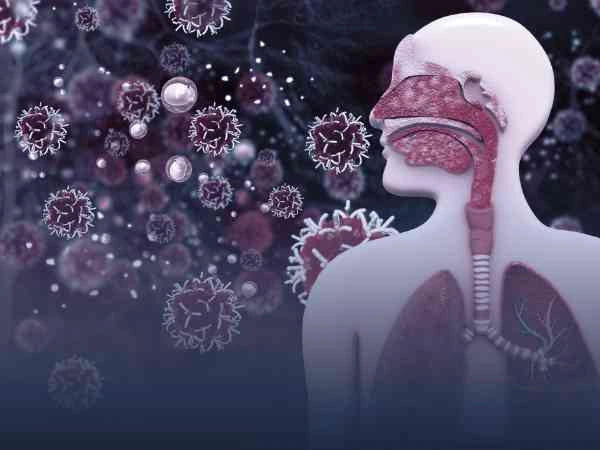
- Tumors: Tumors can be benign or malignant. Benign tumors are noncancerous, meaning they don’t spread to other parts of the body. However, they can still cause issues if they grow large enough to press on nearby organs. Malignant tumors are cancerous and can invade other tissues and organs.
- Metastasis: Cancer can also spread to distant parts of the body through the blood or lymphatic system. This is metastasis. When cancer spreads, it becomes more hard to treat, making it more dangerous.
What are the Cancer Prevention Steps?
Knowing what can lead to cancer helps you make healthier choices. Here are some simple steps you can take to lower your risk:
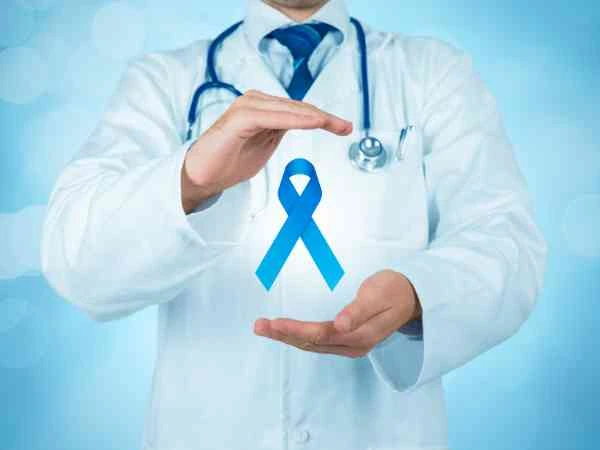
- Avoid Tobacco: Stay away from smoking and secondhand smoke. Both can cause cancer.
- Limit Processed Meats: Cut down on processed meats, as they can increase cancer risk.
- Eat Healthy Foods: Focus on eating lots of fruits, vegetables, whole grains, and lean proteins. The Mediterranean diet is a good choice.
- Drink Alcohol in Moderation: If you drink alcohol, do it in moderation or avoid it altogether.
- Keep a Healthy Weight: Maintain a healthy body weight through good eating habits and regular exercise.
- Stay Active: Aim for 150 to 300 minutes of moderate exercise each week. This can include walking, biking, or swimming.
- Protect Your Skin from the Sun: Avoid direct sunlight, wear sunscreen, and use hats and sunglasses to protect yourself from harmful rays.
- Skip Tanning Beds: Avoid using tanning beds, as they can increase the risk of skin cancer.
- Get Vaccinated: Vaccines for viruses like hepatitis B and HPV can help prevent certain cancers.
- Regular Doctor Visits: Go for regular check-ups with your doctor. Early detection is key to treating cancer effectively.
By following these steps, you can help reduce your risk of cancer and live a healthier life.
Summing up,
Cancer is a group of serious diseases happens by changes in your cells. These abnormal cells can grow quickly and form lumps called tumors. Certain factors can increase your risk of getting cancer, such as smoking, drinking a lot of alcohol, not exercising, eating unhealthy foods, being overweight, and infections from certain viruses. Getting regular check-ups can help catch cancer early when it’s easier to treat.





